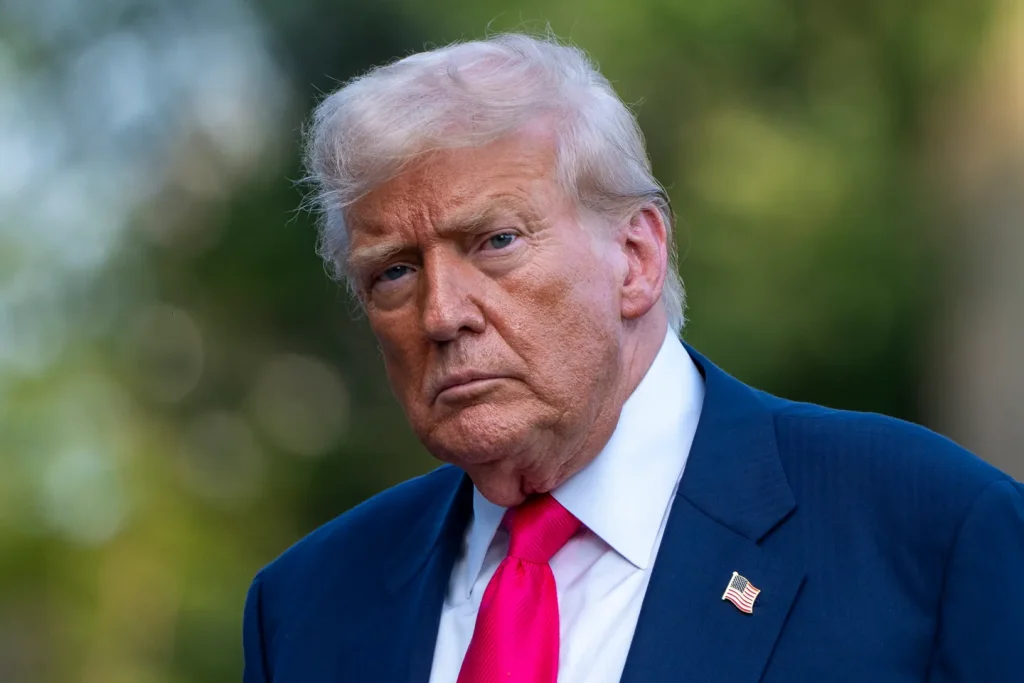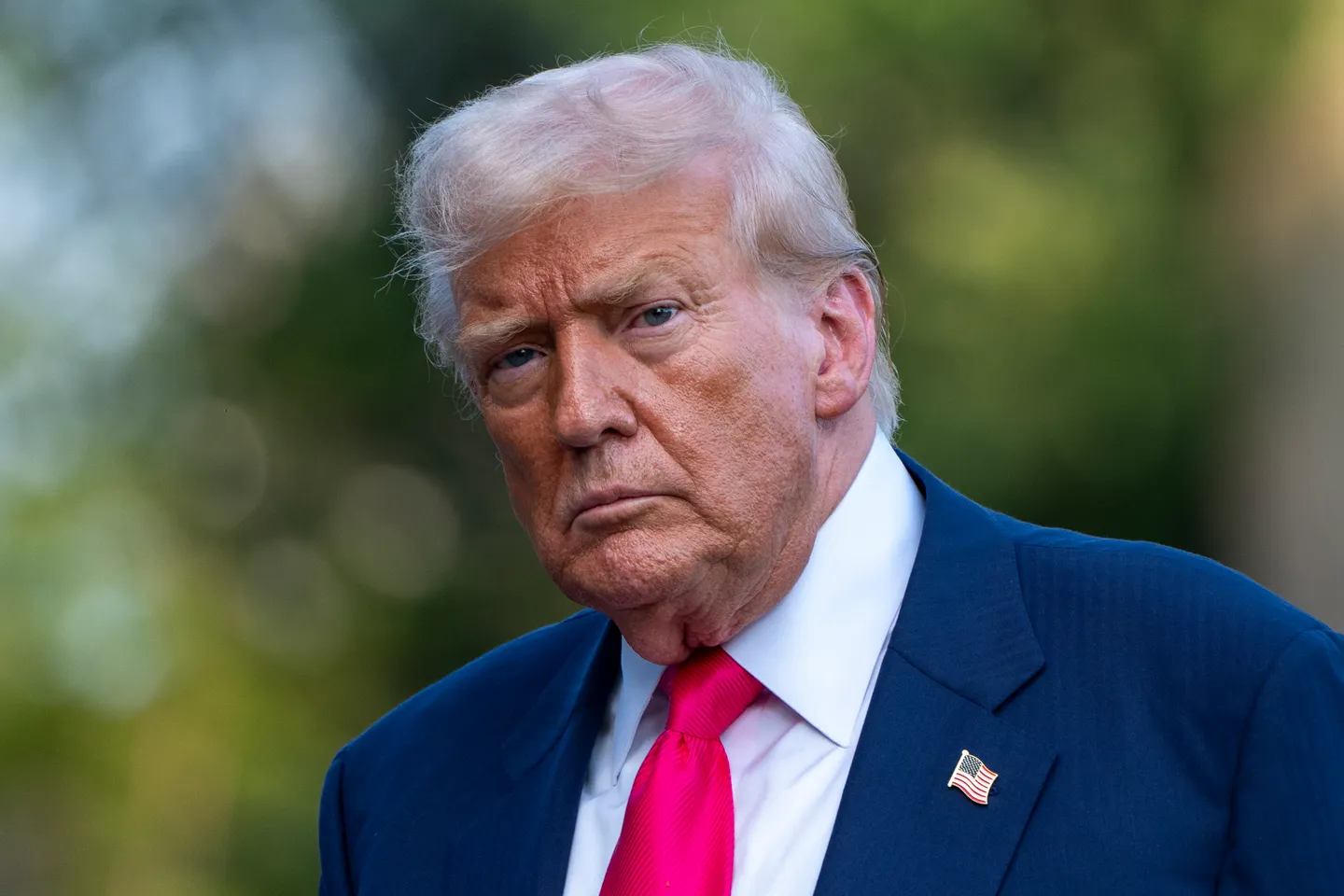The Trump administration has barred the Wall Street Journal from covering the president’s Scotland trip after it published a story linking Trump to Jeffrey Epstein—sparking outcry over press freedom and retaliation.

Journalist Access Denied After Epstein Report
The White House has removed the Wall Street Journal from the press pool covering President Donald Trump’s trip to Scotland, following the publication of an investigative story linking the president to the late convicted sex offender Jeffrey Epstein.
The abrupt decision has triggered widespread backlash from press freedom groups and watchdogs, with many calling it a clear act of political retaliation. Critics warn the move sets a dangerous precedent and escalates tensions between the Trump administration and the media.
A Story the White House Didn’t Want Told
Earlier this week, the Wall Street Journal published a detailed report shedding new light on the president’s historical ties to Jeffrey Epstein, including previously undisclosed meetings, photos, and testimonies from former associates.
Although the article stopped short of alleging criminal wrongdoing, it raised questions about the nature of Trump’s interactions with Epstein during the 1990s and early 2000s. The report quickly gained traction across social media, reigniting public scrutiny over Epstein’s powerful network—and Trump’s place in it.
Hours later, the Journal’s accreditation was revoked for the president’s upcoming visit to his Turnberry golf resort in Scotland.
White House Pushes Back
White House Communications Director Karen Monroe denied the move was retaliatory, claiming the change was due to “logistical reshuffling.”
“There is no blacklist,” she told reporters. “Media access is being rotated due to capacity limits.”
However, multiple journalists confirmed that other outlets, including smaller regional publications, were granted access instead—raising questions about the administration’s explanation.
Press Freedom Advocates Sound the Alarm
Groups like Reporters Without Borders, the Committee to Protect Journalists, and PEN America condemned the decision, calling it a direct threat to journalistic independence.
“This is punishment, plain and simple,” said PEN America’s Washington director. “Removing a major news outlet from a press pool because of an unflattering report is an attack on democratic norms.”
The Trump Epstein press retaliation controversy is just the latest episode in a long and fraught relationship between the former president and major media outlets. Trump has repeatedly labeled journalists as the “enemy of the people,” and his administration has previously clashed with CNN, The New York Times, and NBC.
A Dangerous Line Is Crossed
While the White House has the power to control access, experts warn that using this authority to retaliate against reporters for critical coverage threatens the credibility of democratic institutions.
“It’s about more than one article,” said media scholar Janet Eldridge. “This sends a message to every newsroom: publish something unfavorable, and you risk being frozen out.”
What Comes Next?
The Wall Street Journal has not issued a formal complaint but said it stands by its reporting. Editors declined to speculate whether future access would be restored.
Meanwhile, President Trump’s visit to Scotland continues under a cloud of controversy, with reporters and transparency advocates demanding answers. The broader concern is clear: in an era where press freedom is under attack globally, such moves from the Oval Office could embolden authoritarian tactics elsewhere.










Comments are closed.